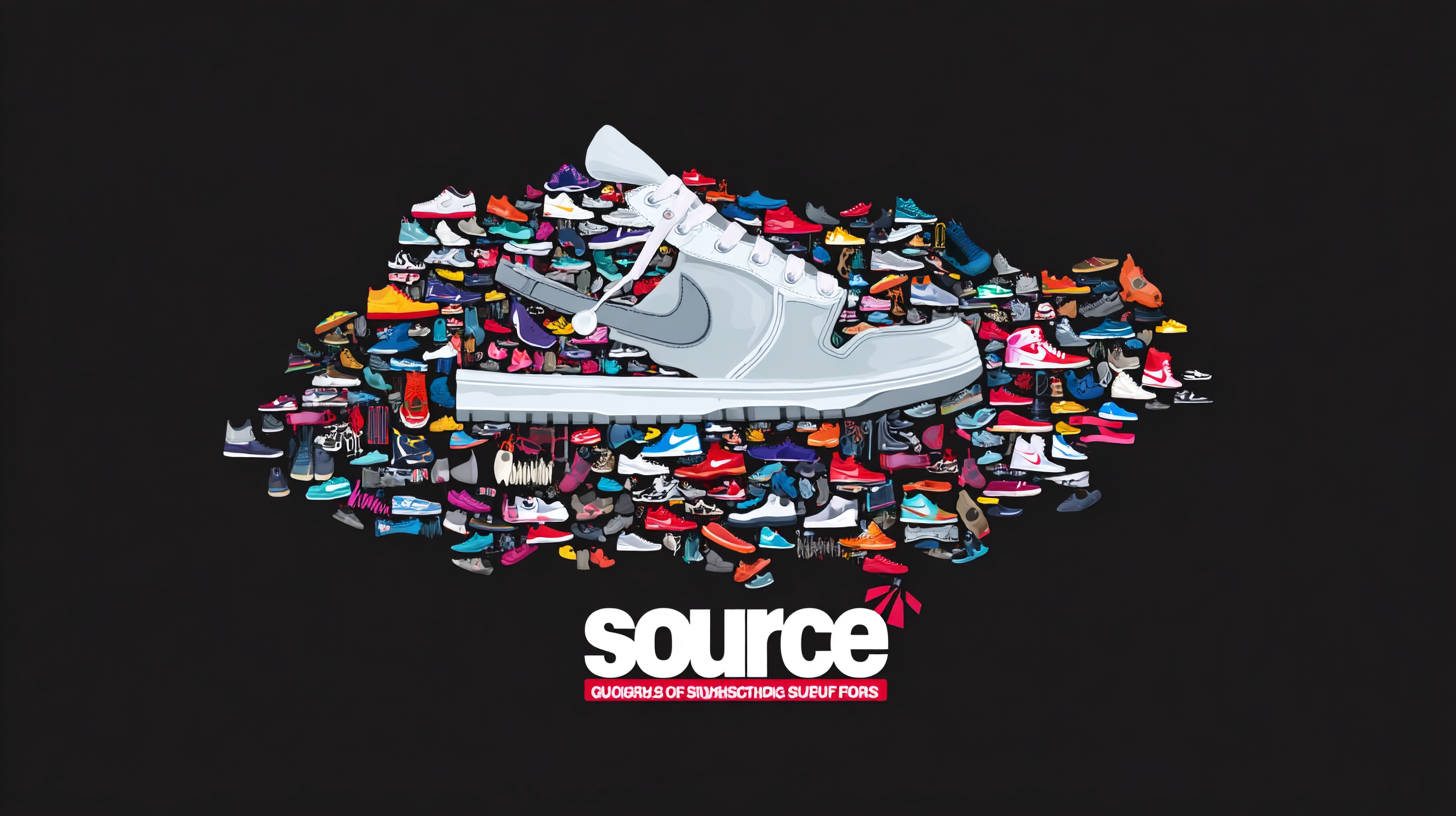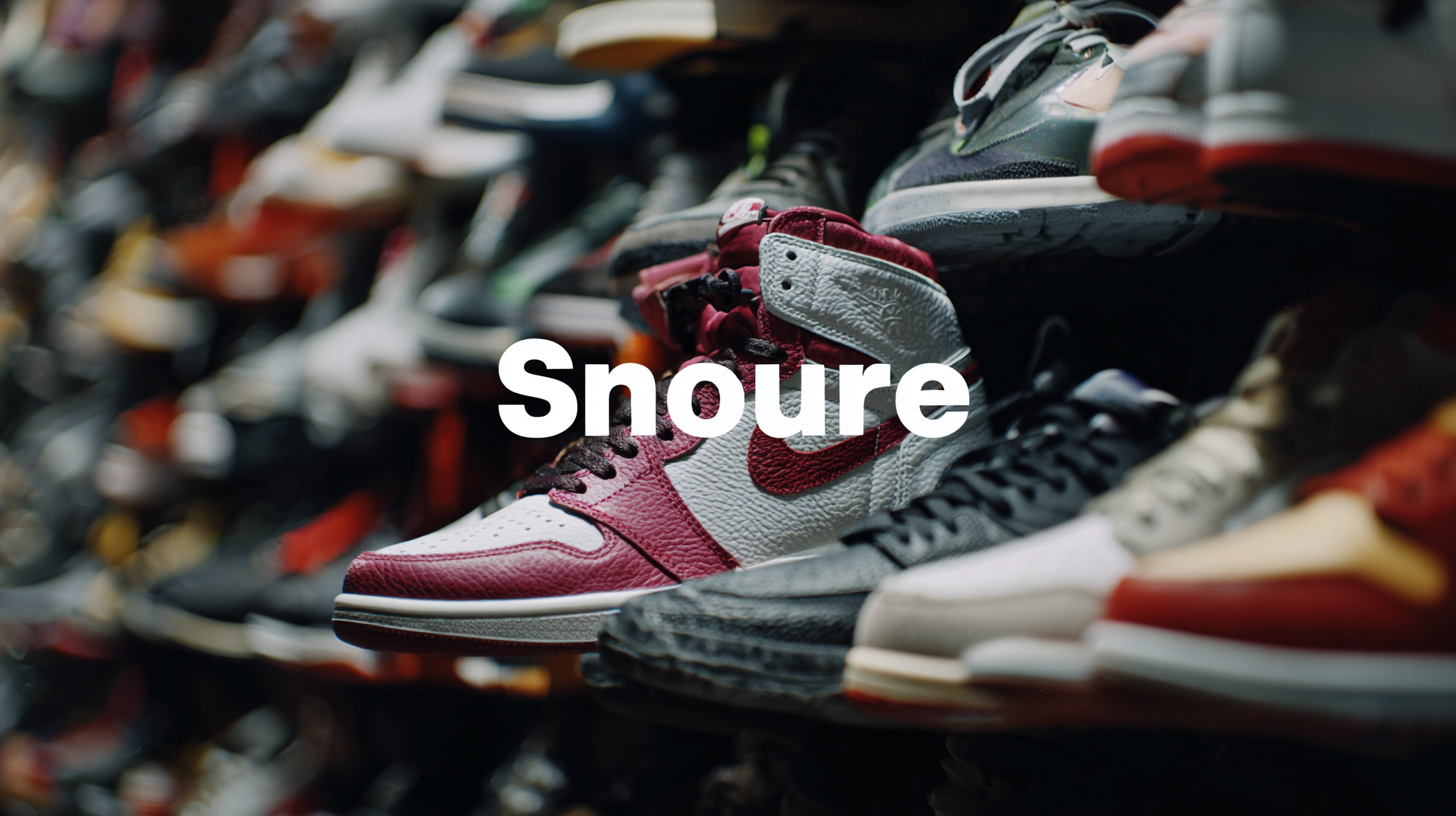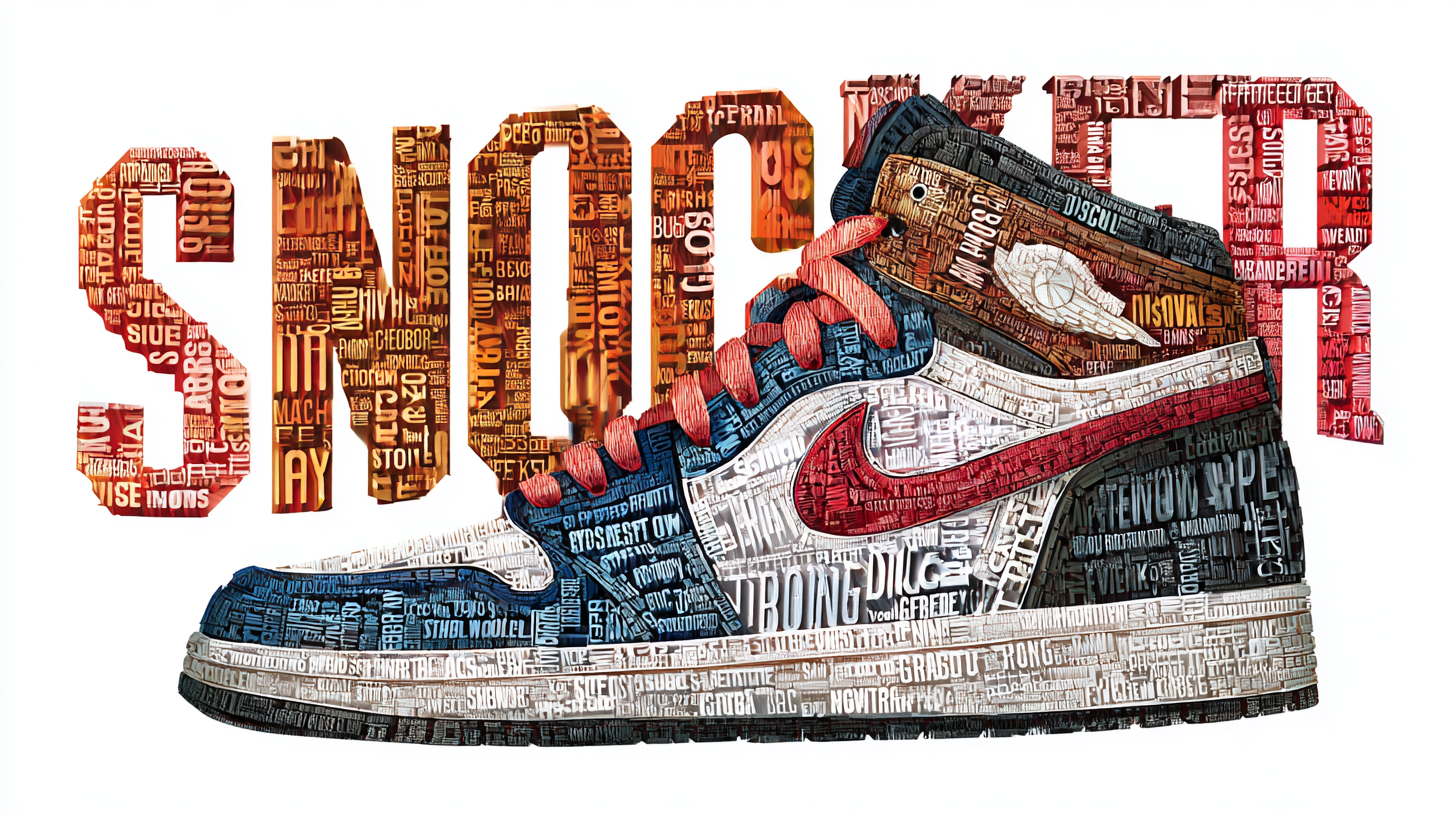
In the ever-evolving world of fashion and athletic wear, the sneaker industry has emerged as a powerhouse with a market value projected to reach over $120 billion by 2026, according to a recent report by Grand View Research. This significant growth underscores the importance of strategic sourcing for procurement professionals aiming to capitalize on this lucrative market. As consumer preferences shift towards high-performance and sustainable footwear, understanding the detailed technical specifications of various sneaker brands becomes crucial for making informed purchasing decisions. From materials used to manufacturing processes, this ultimate guide will explore the essential criteria to consider for successful global procurement, empowering businesses to source not just any sneaker, but the best sneaker brands that align with their strategic goals and market demands.

Choosing the right sneaker brand is crucial for global sourcing success. With the sneaker market becoming increasingly competitive, brands vary significantly in quality, style, and supply chain capabilities. A well-chosen brand can provide not only a strong reputation but also aligned values and sustainable practices that resonate with modern consumers. This alignment is essential, as today's shoppers are more informed and concerned about the ethical implications of their purchases.
Moreover, the right brand can lead to smoother procurement processes. Brands with established, reliable supply chains often minimize delays and ensure consistent product availability. By selecting a sneaker brand known for its efficiency and responsive customer service, companies can enhance their operational efficiency and build stronger relationships with their suppliers. Therefore, investing time in researching and aligning with the best sneaker brands can pay dividends in securing long-term success in the global market.
When sourcing sneaker brands internationally, evaluating key factors is crucial to ensure procurement success. Firstly, brand reputation plays a vital role. Researching a brand's history, market presence, and customer reviews can provide insights into their reliability and product quality. Trustworthy brands often have consistent manufacturing standards and a commitment to ethical practices, which are essential in today's global market.
Next, consider the production capacity and supply chain efficiency of the brand. A capable supplier should not only meet current demand but also have the flexibility to scale production according to market trends. Understanding their logistics operations and lead times can help in assessing whether they can fulfill large orders promptly without compromising quality. Additionally, exploring the brand's engagement with technology, such as e-commerce capabilities and inventory management systems, can further indicate their readiness for global procurement partnerships.
Lastly, sustainability practices are increasingly important in sourcing decisions. Brands that prioritize eco-friendly materials and processes not only meet evolving consumer preferences but also align with global environmental standards. Evaluating a brand's commitment to sustainability can enhance your company's image and appeal to a broader customer base, making it a significant factor in the sourcing process.
When developing a global procurement strategy, selecting the right sneaker brands is crucial for ensuring both quality and sustainability. Given the rising consumer awareness around ethical sourcing, brands that prioritize sustainable materials and practices are not only aligned with current trends but also resonate with today's environmentally-conscious shoppers. Initiatives focused on sustainable sourcing, like New Balance's Green Leaf Standard and Puma's ‘Forever Better’ strategy, are excellent examples of how leading brands are adapting to new market demands while enhancing their supply chain dynamics.

The implications of tariffs and supply chain complexities further emphasize the importance of diligent brand selection in global procurement. The footwear industry is facing cost pressures leading to potential price increases, making it essential for procurement strategists to identify reliable partners that can navigate these challenges effectively. Furthermore, the top footwear companies are continuously innovating to streamline their sourcing strategies, which enhances their resilience against external economic pressures. By focusing on sustainable practices, these brands not only improve their market position but also contribute positively to global environmental goals.
Building strong partnerships with sneaker manufacturers is crucial for global procurement success in the highly competitive sportswear industry. Recent trends indicate that effective collaboration not only enhances product quality but also streamlines supply chains. According to a report by McKinsey, companies that prioritize strategic partnerships can achieve up to a 20% reduction in overall procurement costs and significantly improve responsiveness to market changes. This is particularly relevant as the sneaker market continues to evolve, with a projected annual growth rate of 6.5% through 2026.
Establishing trust is a fundamental component of these partnerships. For example, research from Deloitte reveals that organizations that cultivate trust and transparency with their suppliers are more likely to experience improved innovation outcomes. By fostering an inclusive and collaborative atmosphere, sneaker brands can leverage the expertise of their manufacturers to co-create products that resonate with consumers. Moreover, the current focus on personalization in retail is driving brands to work closely with manufacturers to deliver customized experiences, which is now a top priority for customers. Through strategic partnerships that emphasize trust and innovation, sneaker brands can position themselves for sustained success in a dynamic market.
| Attribute | Description | Country of Origin | Minimum Order Quantity | Lead Time (Days) | Annual Capacity |
|---|---|---|---|---|---|
| Material Quality | Premium materials for durability and comfort | China | 500 pairs | 30 | 1,000,000 pairs/year |
| Customization Options | Various colors and designs available | Vietnam | 300 pairs | 25 | 500,000 pairs/year |
| Sustainability Practices | Eco-friendly materials and processes | Indonesia | 200 pairs | 40 | 300,000 pairs/year |
| Export Experience | Experience in international shipping and regulations | Thailand | 250 pairs | 35 | 600,000 pairs/year |
| Innovation | Incorporating the latest technology in sneaker design | Portugal | 400 pairs | 20 | 800,000 pairs/year |
Navigating the challenges in global sourcing of sneaker brands requires a strategic approach that encompasses market research, relationship building, and an understanding of cultural nuances. With the sneaker industry booming, brands must identify reliable suppliers across different regions while considering factors such as quality, production capacity, and compliance with international labor laws. Engaging in thorough due diligence can help mitigate risks associated with supply chain disruptions and ensure that the selected partners align with the company's ethical standards.
Additionally, effective communication plays a crucial role in overcoming the complexities of global procurement. Language barriers and differing business practices can create misunderstandings that may impact negotiations and lead to costly delays. Establishing clear lines of communication and investing in cultural training for procurement teams can bridge these gaps, fostering stronger partnerships and smoother operations. By proactively addressing these challenges, businesses can enhance their sourcing strategies and position themselves for success in the competitive sneaker market.

